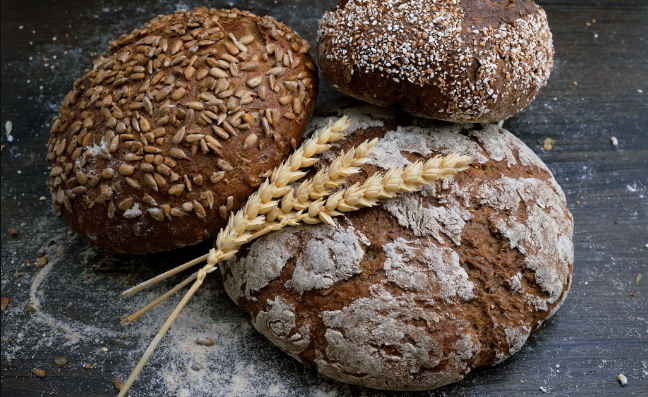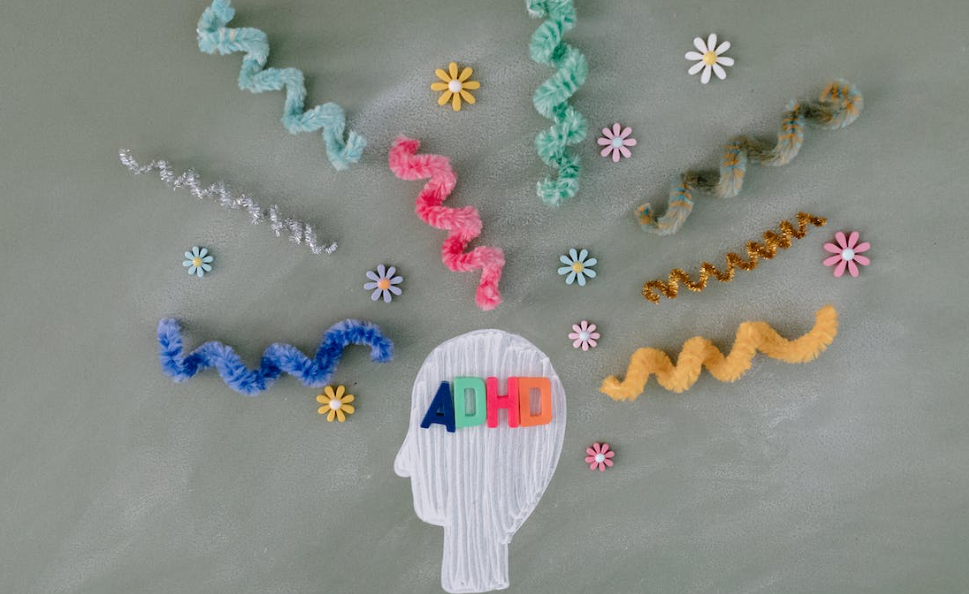What Is Gluten and Who Can Benefit From a Gluten-Free Diet?

© Wesual Click / Unsplash
Have you heard about the gluten-free diet? It has become increasingly popular recently, with many claiming it has significant health benefits. Gluten is known to cause health issues for people with celiac disease, gluten sensitivity, or wheat allergy. However, even those without these conditions have embraced gluten-free eating as a way to improve overall well-being and lose weight.
But what exactly is a gluten-free diet, and who can benefit from it?
What Is Gluten?
Gluten, a protein present in wheat, barley, rye, and various grains, is commonly found in everyday foods and beverages, such as pasta, cereal, and beer. It can also be present in unexpected sources like vitamins, cosmetics, and certain medications. Given its widespread use, individuals with gluten-related concerns, such as gluten intolerance or celiac disease, should be vigilant in examining not only their diet but also other products they come into contact with to avoid inadvertent gluten exposure. Seeking guidance from healthcare professionals and adopting a gluten-free lifestyle may be necessary for those experiencing adverse reactions to gluten.

What Is Gluten Intolerance?
If you experience adverse reactions, such as fatigue, nausea, or bloating, after consuming gluten, it could indicate gluten intolerance, also known as non-celiac gluten sensitivity (NCGS). This condition is characterized by a person’s negative response to gluten, a protein found in wheat, barley, and rye. Gluten intolerance symptoms are not as severe as those in celiac disease, but they can still significantly impact well-being. Seeking medical advice is essential to confirm the diagnosis and rule out other potential causes for these symptoms. Additionally, adopting a gluten-free diet and observing how your body responds can be a crucial step in managing gluten intolerance.
Difference Between Gluten Intolerance and Coeliac Disease
If you suspect gluten-related issues, it’s crucial to consult a healthcare provider, preferably a gastroenterologist, who can conduct tests, including those ruling out celiac disease. Even without a celiac disease diagnosis, one might still be intolerant or sensitive to gluten. While both gluten intolerance and celiac disease can cause discomfort, the latter has more severe symptoms and complications. Celiac disease is a genetic autoimmune disorder leading to inflammation and damage in the small intestine, potentially causing long-term complications if untreated.

Symptoms include abdominal pain, chronic diarrhea, nutrient absorption issues, anemia, weight loss, and failure to thrive. Non-celiac gluten sensitivity, not believed to be genetic, typically presents with milder symptoms. Diagnosis involves ruling out celiac disease and wheat allergy, observing symptom resolution on a gluten-free diet, and symptom recurrence during a gluten challenge.
What Is a Gluten-Free Diet?
The gluten-free diet involves avoiding foods containing gluten, a protein found in wheat, barley, rye, and sometimes oats. While oats are naturally gluten-free, they often get contaminated during processing. Those with celiac disease or non-celiac gluten sensitivity must adhere to this diet for health reasons. Commonly consumed items like bread, cereal, and beer are off-limits due to their gluten content. The diet has gained popularity, with some, including celebrities, attributing it to weight loss or acne relief, although such claims lack scientific consensus.
Pros and Cons of a Gluten-Free Diet
A gluten-free diet is crucial for individuals with celiac disease and non-celiac sensitivity, preventing damage to intestinal villi. Apart from being medically necessary, a well-planned gluten-free diet is nutrient-dense, incorporating various naturally gluten-free foods. While the healing process may take time for those with celiac disease, noticeable improvements often occur shortly after adopting the diet. Individuals with non-celiac gluten sensitivity may experience symptom relief even more rapidly, sometimes within a few days of starting the gluten-free regimen.
The gluten-free diet can be initially overwhelming, but with education on identifying gluten-free foods, it becomes more manageable. Unlike other diets, it demands careful planning and gluten-free products may be pricier. However, the increasing availability of gluten-free options in restaurants makes adhering to the diet more convenient than ever before.
Gluten-Free Diet You Can Follow
Feeling a bit stuck? Here is some help! These are a few gluten-free alternatives you can try:
- Grains (Gluten-Free):
- Amaranth
- Buckwheat
- Corn
- Millet
- Gluten-free oats
- Quinoa
- Rice
- Sorghum
- Teff
- Wheat-flour substitutes (e.g., tapioca, potato, almond, coconut, bean flours)
- Dairy (Mostly Gluten-Free):
- Milk
- Cheese
- Yogurt
- Cottage cheese
- Butter
- Ghee
- Cream
- Sour cream
- Protein Foods (Naturally Gluten-Free):
- Eggs
- Legumes (beans, peas, lentils, peanuts)
- Nuts (almonds, walnuts, pecans, pistachios)
- Poultry (chicken, turkey)
- Red meat (beef, pork, lamb)
- Seafood (fish, shellfish, scallops)
- Seeds (flax, chia, sunflower)
- Soy products (plain varieties like tofu, tempeh, edamame)
- Fats and Oils (Naturally Gluten-Free):
- Avocados and avocado oil
- Butter
- Coconut oil
- Ghee
- Olives and olive oil
- Vegetable and seed oils (canola, sunflower)
When following a gluten-free diet, always read labels and be mindful of processed or flavored items that may contain gluten.
Will you be trying out a Gluten-free diet soon?
Disclaimer: The information provided on this website is for general informational purposes only and is not intended as a substitute for professional advice, diagnosis, or treatment. Always seek the advice of your physician or other qualified health provider with any questions you may have regarding a medical condition.
You might also want to read: How Much Protein Intake Do You Actually Need?


